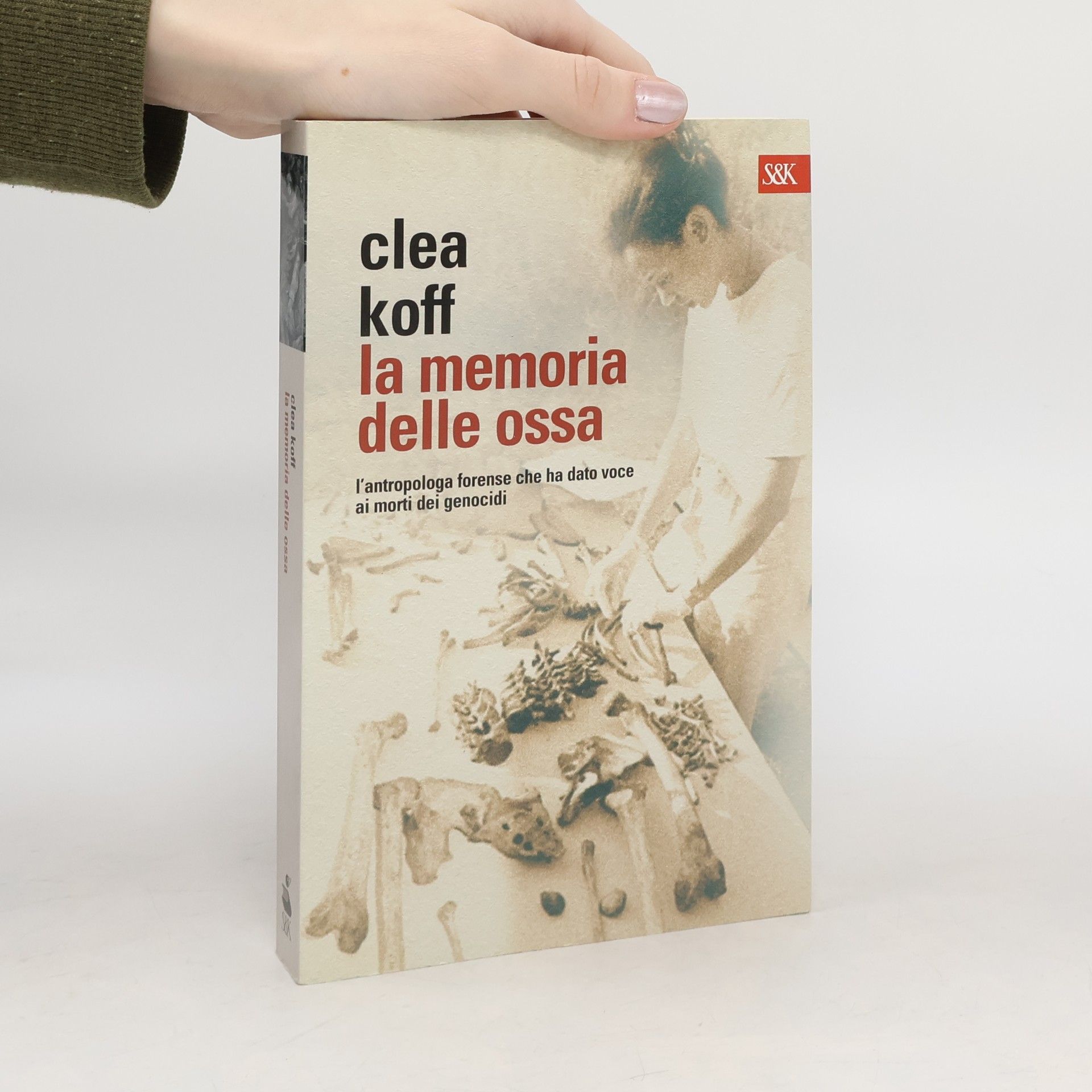Silent Evidence
- 384 pages
- 14 hours of reading
The book captivates readers with its intense and gripping narrative, leaving them breathless with suspense. With a focus on emotional depth and compelling character development, it explores themes of resilience and survival. The story promises to engage audiences through its brilliant writing and unexpected twists, making it a must-read for those who enjoy thrilling and thought-provoking literature.


